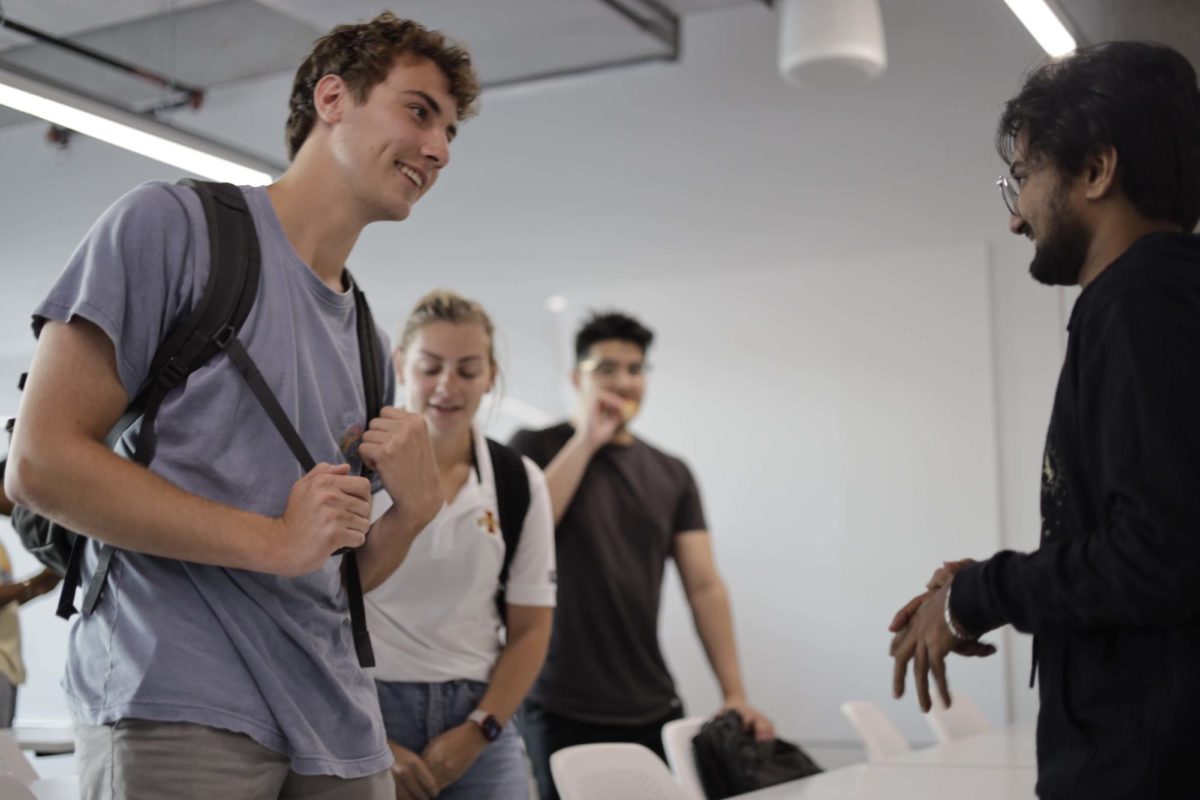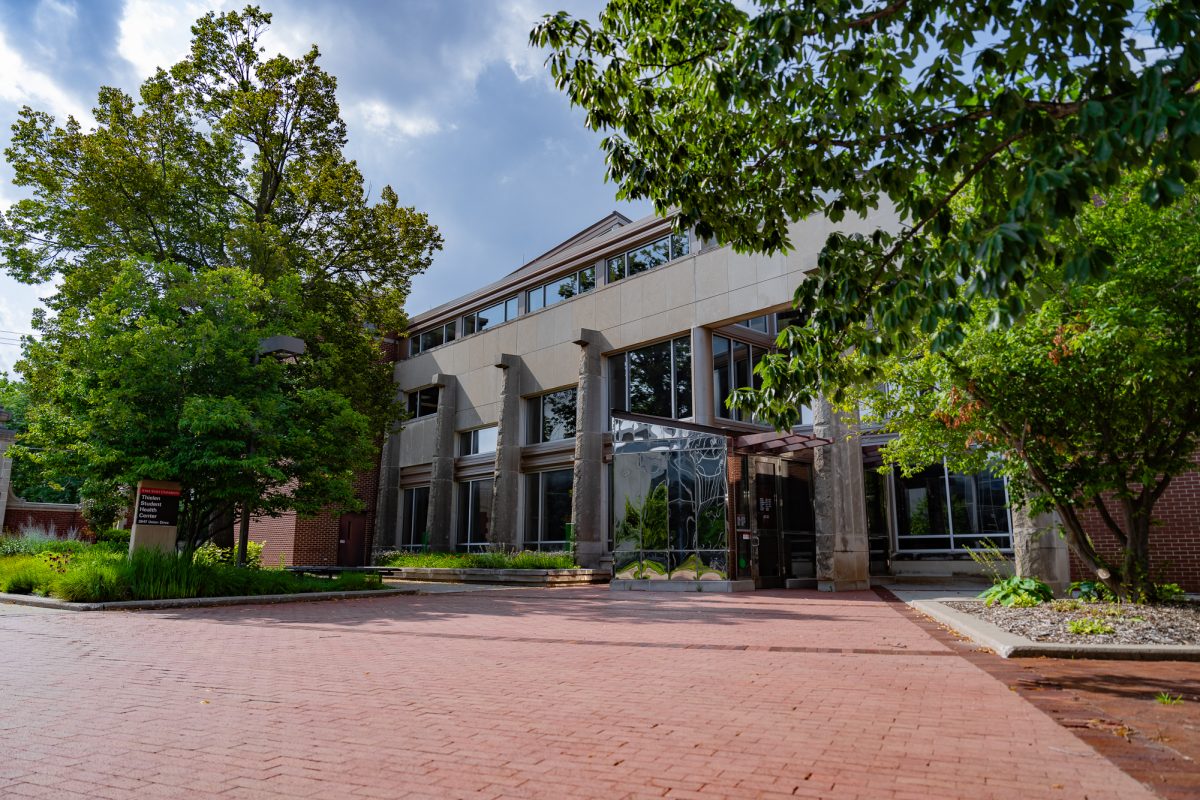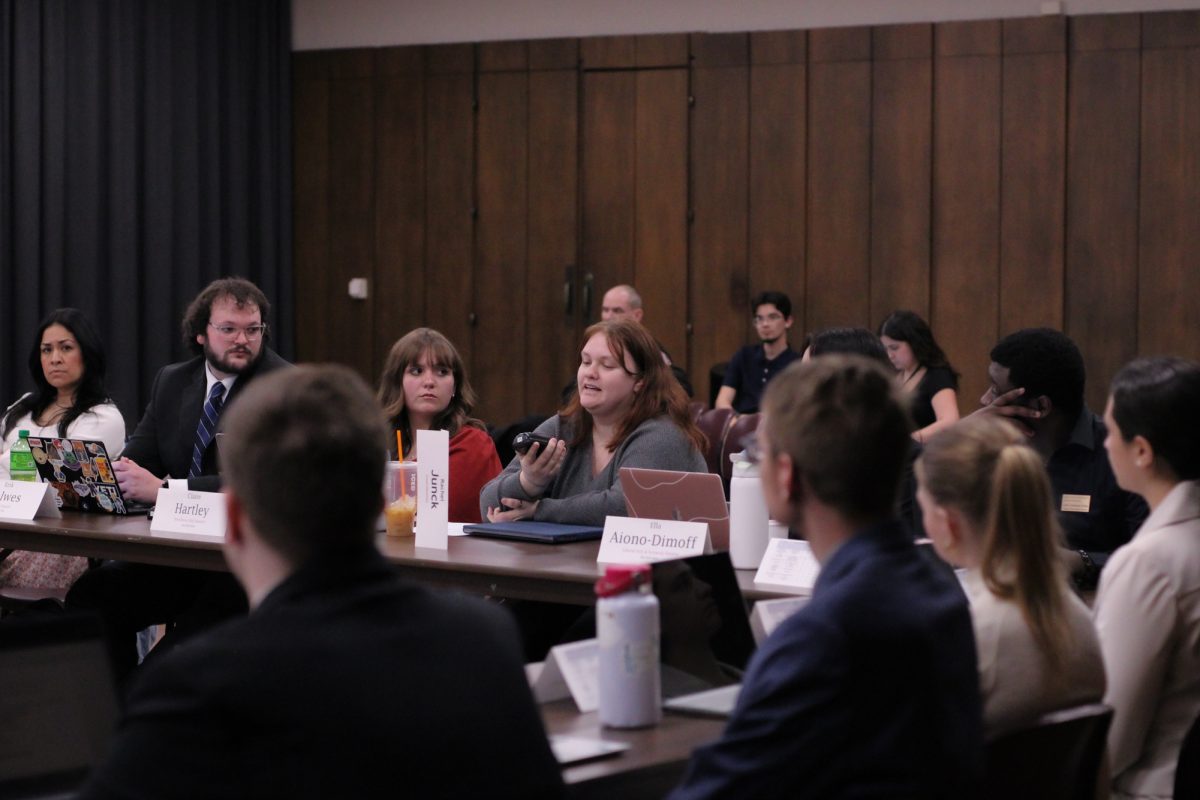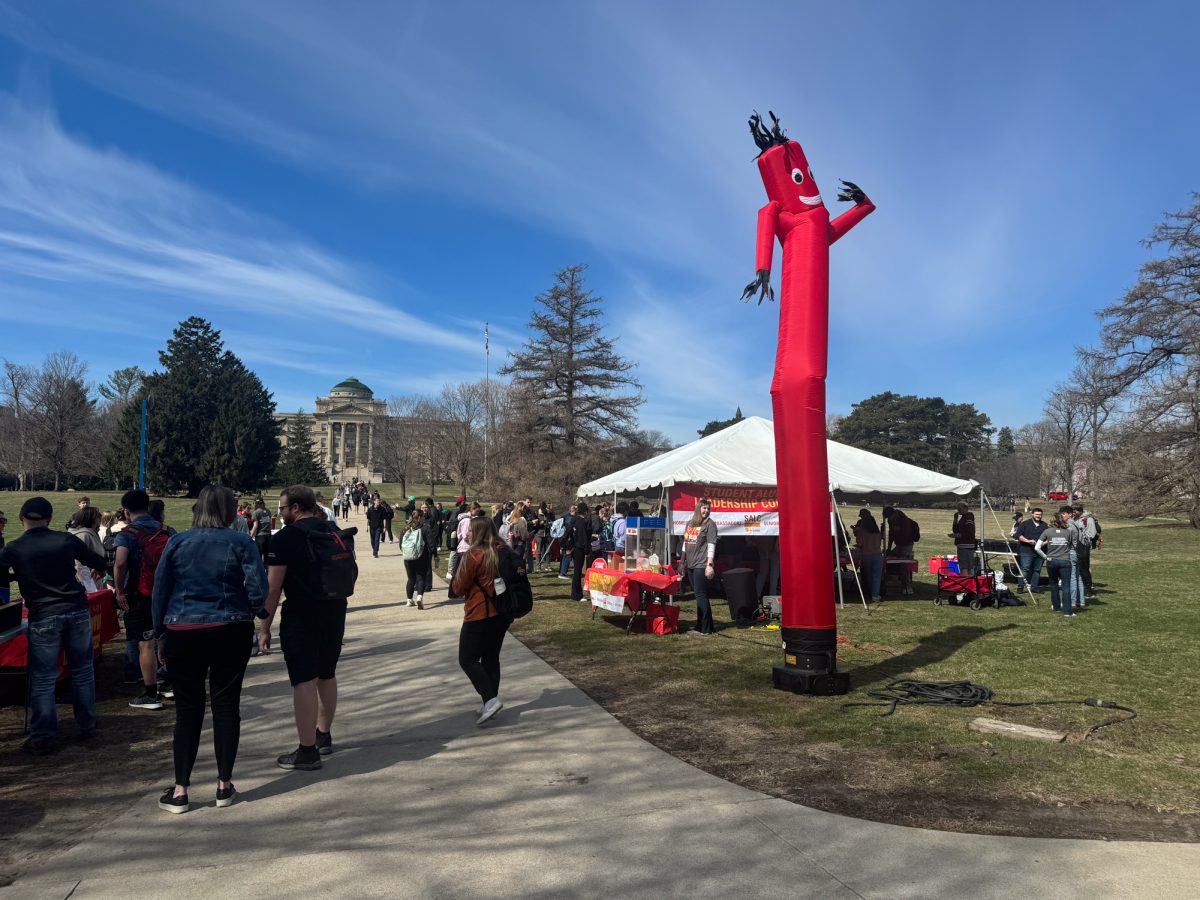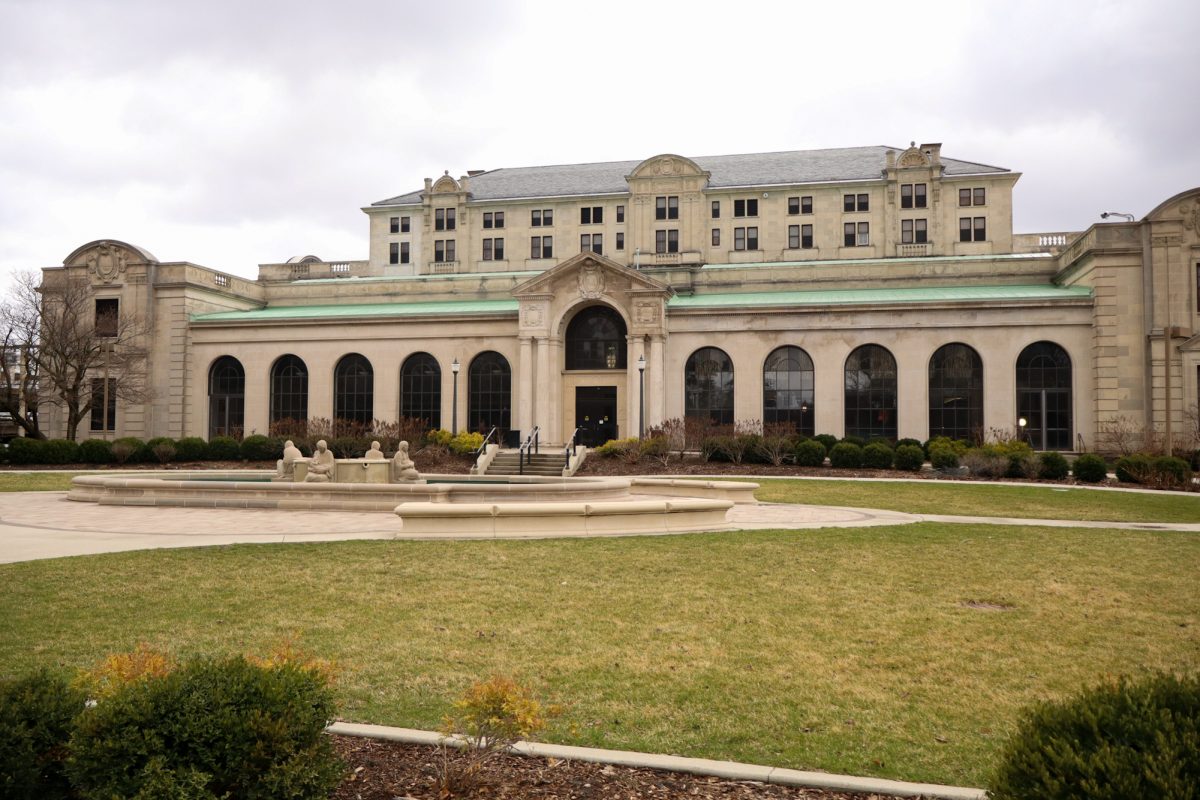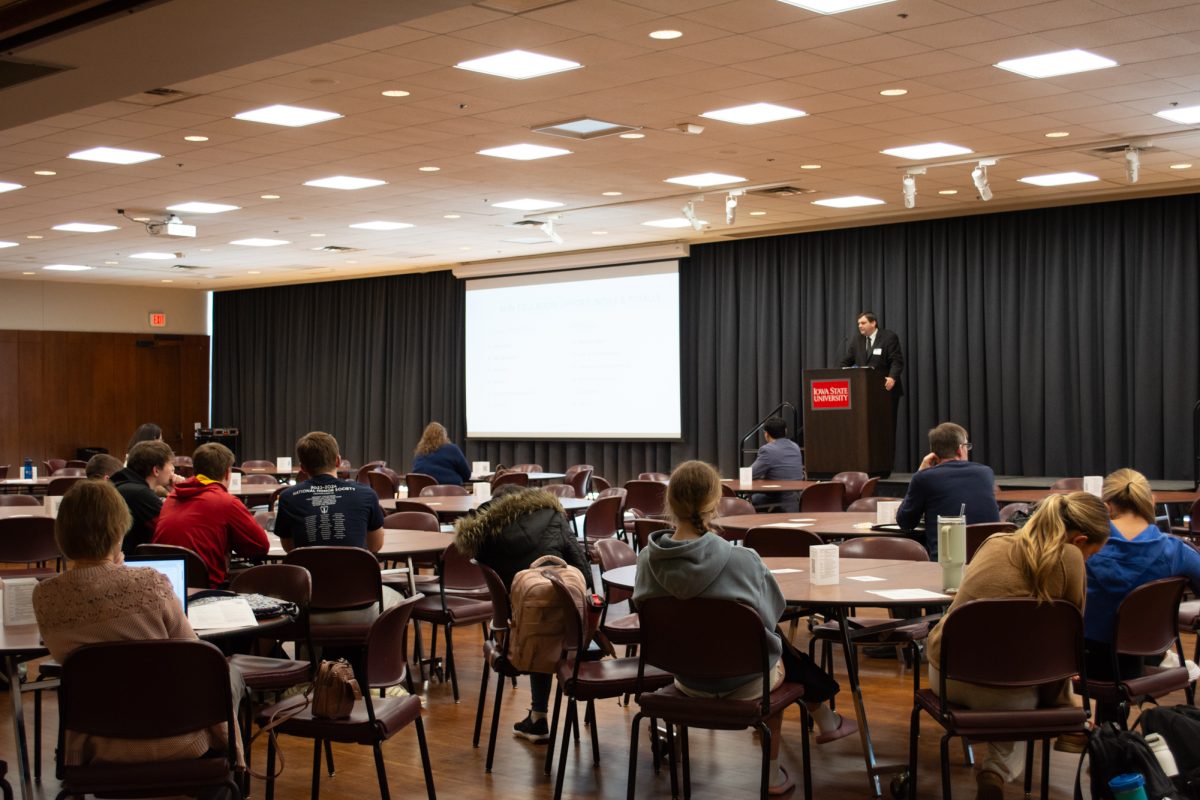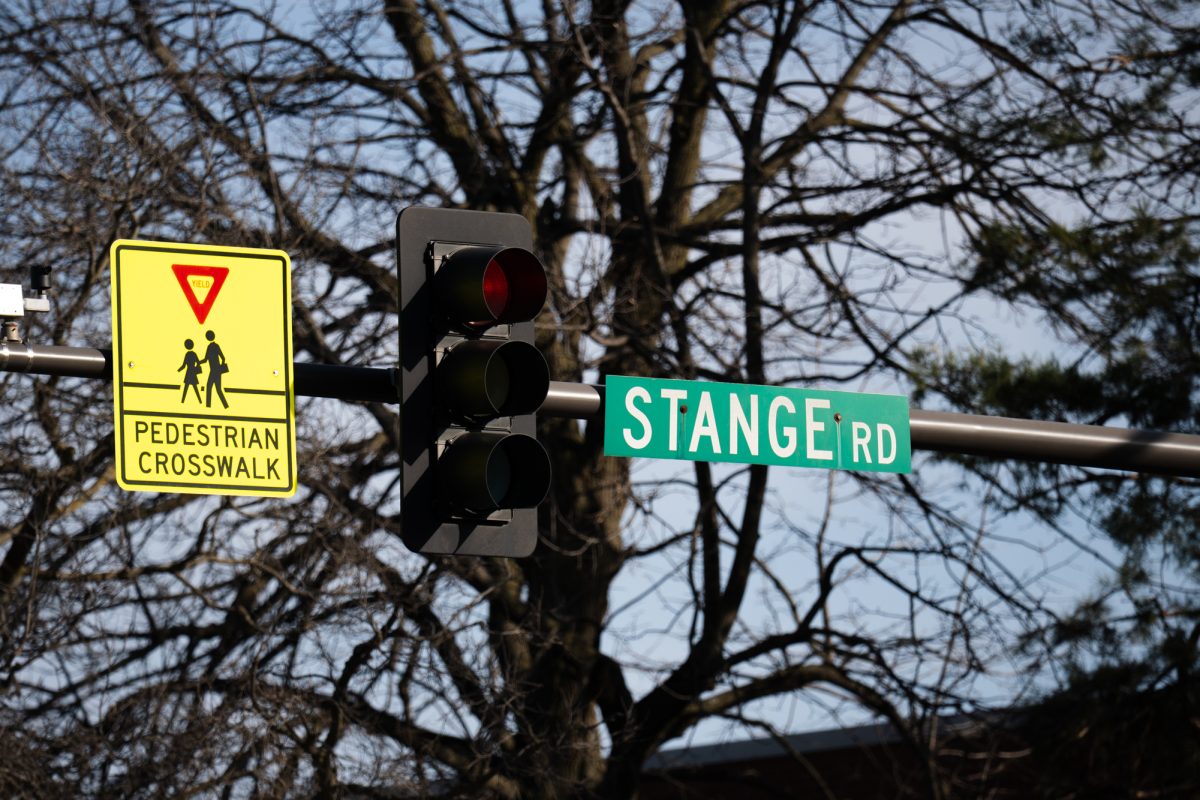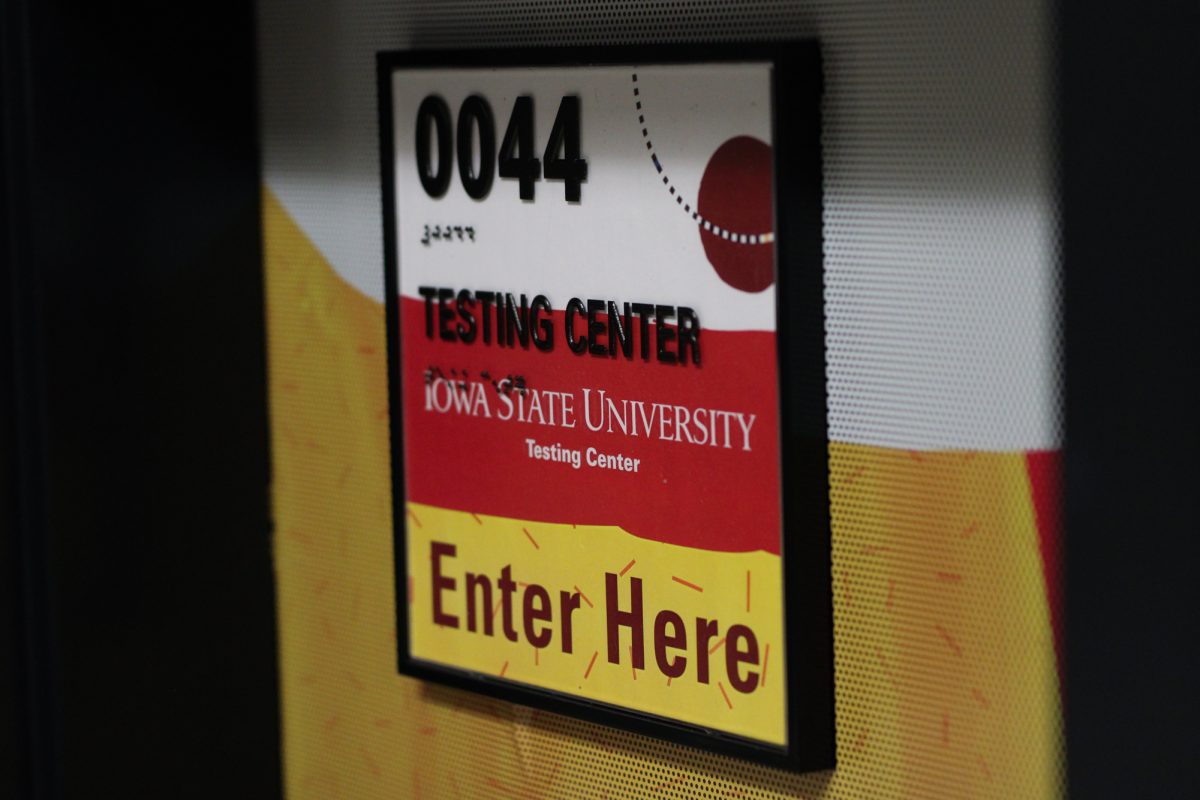After a failed first attempt, a Google Developer Student Club has recently received an official start and second chance to grow at Iowa State.
The Google Developer Student Club (GDSC) offers hands-on workshops, collaborative projects and networking opportunities for students to understand, build and reflect on technology.
A student first attempted to bring GDSC to Iowa State around 2020 to add to more than 1,500 other chapters located at universities in more than 100 countries. However, the club was never registered as an official student organization, and it petered off shortly after its debut.
The group sat among a list of abandoned Iowa State clubs until Ben Neo, a senior studying statistics and Iowa State’s GDSC public relations chair, picked it back up.
Neo first noticed GDSC while in Malaysia, where he was born and raised. He took note of the organization’s various chapters through sites like LinkedIn and Twitter after several universities near him held events and workshops that caught his attention.
“I have a strong interest in programming and hackathons in general, so it sort of just came upon me naturally to discover it,” Neo said.
When Neo traveled to the U.S. to attend college, he arrived at Iowa State expecting to find a GDSC chapter due to the university’s large size and long history. Instead, he was surprised to find that there was no GDSC presence in Ames.
Rather than moving on in defeat, Neo decided to revive the Iowa State GDSC chapter. The club operated unofficially for a period of time and then was officially recognized as a student organization in spring 2023, according to Neo.
As a registered club, they can host their own events through the university and reserve meeting spaces on campus.
The first events focused on machine learning, which included a month-long workshop taught by one of their officers. Neo said the workshops they host are interactive, and the club provides the materials students need to have a fully hands-on experience.
The group also hosted Tech Talks featuring various “Google Developer experts,” which is a title people can apply for once they have a professional job. The experts are categorized by their fields, such as AI or web development, so student leads like Neo can connect with people who can contribute to a chapter’s current topic of focus.
While focusing on machine learning, Iowa State’s GDSC chapter had a Google Developer expert join them in a virtual meeting along with an intern from Microsoft.
“We wanted [participants] to also see how machine learning is applied in the real world, and where you can do that is by hearing from an actual expert,” Neo said.
Neo said the Microsoft intern they met shared about her experience with the application and interviewing process and the obstacles she overcame.
“It was very insightful, and I think that really motivated all of us to take [that intern] as a role model when applying for future software engineering positions or big tech companies,” said Niharika Pathuri, a junior studying software engineering and the club’s current president.
Neo and Pathuri said one of the benefits of GDSC is that Google offers the resources and support they need to succeed because each chapter’s leads gain access to a platform with resources to utilize for various events.
The club also teaches Google specific technologies, such as Firebox and Flutter, that universities do not widely cover. Pathuri said they are not sure which topic the club will focus on next, but they are open to any topics club members are interested in learning about.
The club also has an annual worldwide hackathon sponsored by Google that students can look for in the future. Neo said the goal of the hackathon is to work toward building a solution for the United Nations Sustainable Development Goals.
“The skills you can learn from [the hackathon] is working with other students and coming up with ideas for how to make the world a better place using programming,” Neo said.
One of the past projects the club has worked on is an Android app that members built together. Pathuri said the app did not have a specific focus, but it gave its builders a chance to learn basic skills and get started.
“We really want to give people the ability to actually build something and not just learn in a classroom setting on our own,” Neo said. “In our workshops and events we really want people to apply their skills in some kind of project and then have that to show for when applying for jobs.”


